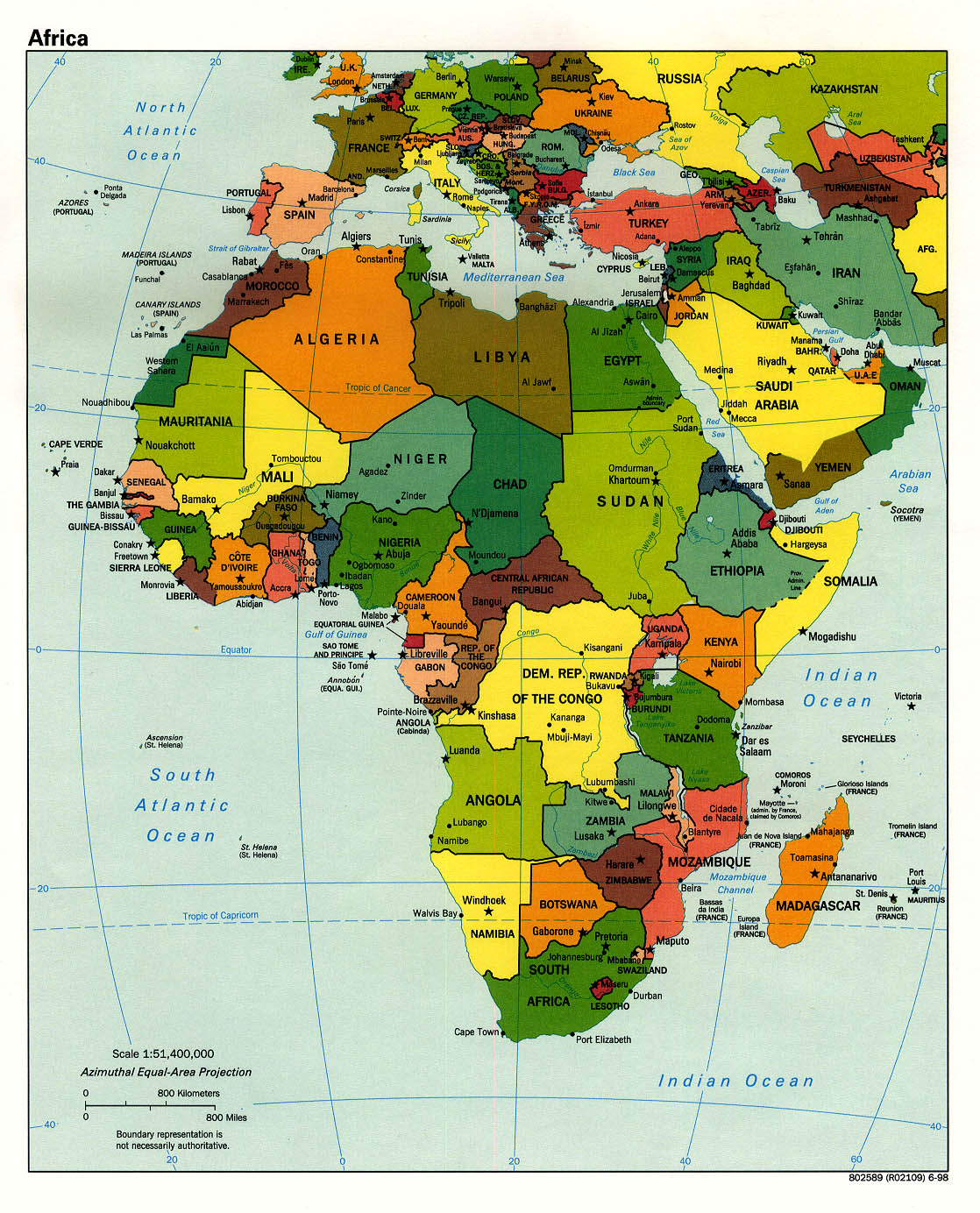 It’s 8:49 a.m on Tuesday morning. Penny walks in to the gargantuan lecture hall and takes a seat close to the back of the room. Students file in, chatting away about last night’s Freshman Mixer and the pending Evening at the Union later this week. Penny spends the next few minutes observing the students as they take their places amid the new faces. “Good morning class. I’m Dr. Becker and this is History 160. I will be walking you through the history of the United States following the signing of the Declaration of Independence. I’m assuming we’re aware of the events that led up to that document, so we won’t spend too much time going into details.” Penny swallows hard. “Declaration of Independence? I’m supposed to know about that how?” she wonders.
It’s 8:49 a.m on Tuesday morning. Penny walks in to the gargantuan lecture hall and takes a seat close to the back of the room. Students file in, chatting away about last night’s Freshman Mixer and the pending Evening at the Union later this week. Penny spends the next few minutes observing the students as they take their places amid the new faces. “Good morning class. I’m Dr. Becker and this is History 160. I will be walking you through the history of the United States following the signing of the Declaration of Independence. I’m assuming we’re aware of the events that led up to that document, so we won’t spend too much time going into details.” Penny swallows hard. “Declaration of Independence? I’m supposed to know about that how?” she wonders.
 Penny has certainly heard of the Declaration of independence, but it never occurred to her that she should know much about it. You see Penny is an international student from Zambia. She can tell you every African country, its capital city, and the year it gained independence. But ask her anything pertaining to American history and her mind draws a blank. Penny is not alone. She is among the 200,000 international students studying at American colleges and universities (Institute of International Education (2011). They come from the tropical beaches of Rio de Janeiro and the charming cobbled streets of Lille. They speak Afrikaans and Arabic and Czech and Chinese.
Penny has certainly heard of the Declaration of independence, but it never occurred to her that she should know much about it. You see Penny is an international student from Zambia. She can tell you every African country, its capital city, and the year it gained independence. But ask her anything pertaining to American history and her mind draws a blank. Penny is not alone. She is among the 200,000 international students studying at American colleges and universities (Institute of International Education (2011). They come from the tropical beaches of Rio de Janeiro and the charming cobbled streets of Lille. They speak Afrikaans and Arabic and Czech and Chinese.
You don’t hear much about them on campus, except maybe for the annual International Food Fair that we all flock to for the free food. These students leave everything they know behind to pursue higher education in the States, unsure of what comes next. Their experiences are both hilarious and terrifying, and the stories they keep to themselves could make best-selling novels. I was in Penny’s shoe’s once, but instead of walking into a lecture hall, I walked into a junior high school building. Yes, that structure made of sticks and stones bursting at the seams with raging hormones, insecure teenagers and oh so endless drama. I was dazed and confused; looking for something (anything) to help me keep my balance when it felt like my world had shifted. I made it through those delicate years, and over the years I’ve found myself comparing notes to other students with similar experiences. We have laughed and commiserated, and realized that despite how different the eighth grade is from college, the experiences are undoubtedly the same. Hopefully, in my words you will get a glimpse of what it’s like to be one of these students. I’d like to share their stories – fears, failures, hopes, insecurities, triumphs – and give you an idea of what being ‘international’ is all about.
Laureen Masai moved to the U.S. from Kenya at an early age. Due to the growing number of international students in American colleges today, Laureen wants to shed light on the international student’s perspective and give advice on transitioning from a 2-year college to a 4-year.

